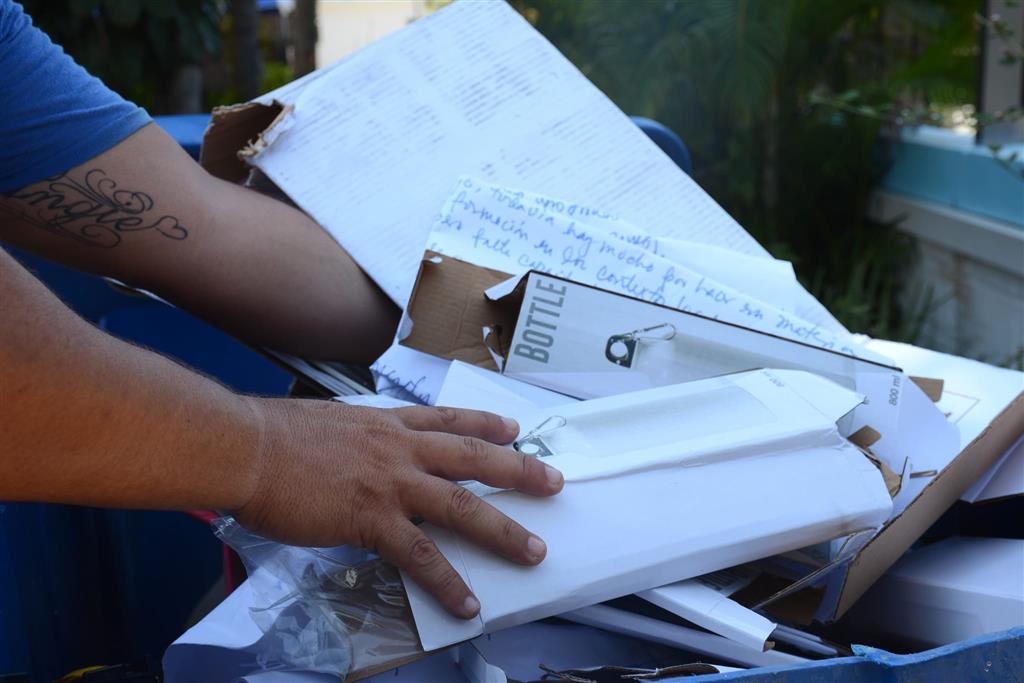According to UNDP, such a project will be financially-supported by the Ecological Transition Program of the Spanish Agency for International Development Cooperation (AECID).
The two-year initiative will be rolled out in partnership with Cuba´s Science, Technology and Environment (CITMA) Ministry, its territorial delegation in the capital as well as the local government, the UNDP stated.
This circular initiative project involves various stakeholders with responsibilities for regulating the management of solid plastic waste, paper and cardboard, and forestry and pruning management.
At the same time, it promotes public-private partnerships and a sensitive approach to gender equality and women’s empowerment.
The UNDP explained that the actions include the diagnosis of opportunities for the implementation of circular economy business approach, based on the use of waste, in order to deepen the economic and environmental feasibility of this type of productive practices.
The project is expected to contribute to the design of a road map for urban solid waste management in Cuba and also support the productive capacities associated with the value chain of containers and packaging made from recyclable materials, including the preparation of a guide of good practices in this process.
The circular economy aims to minimize waste and promote a sustainable use of natural resources, through smarter product designs, with a longer useful life, greater recycling and from the regeneration of nature.
pll/npg/ebe









